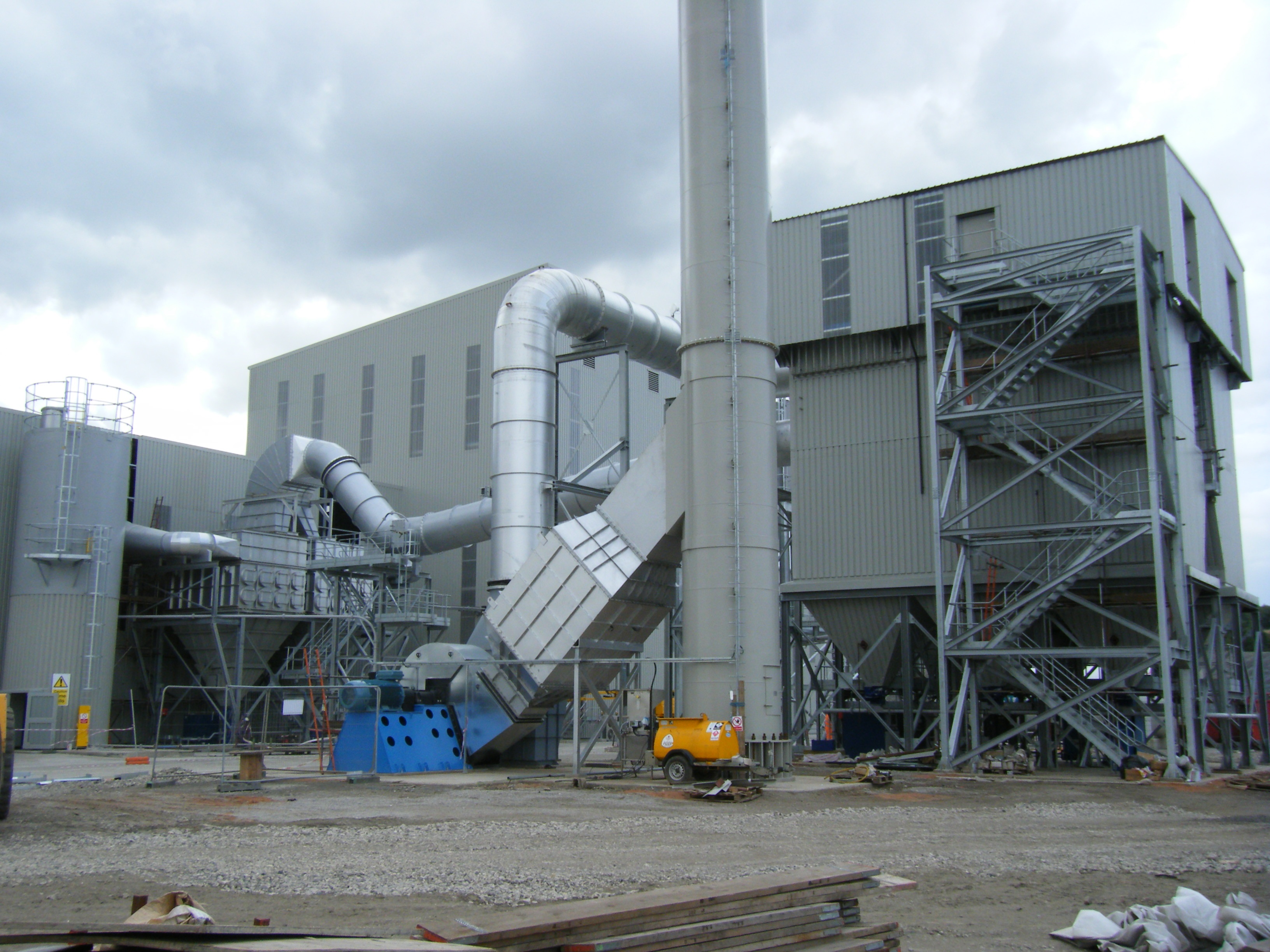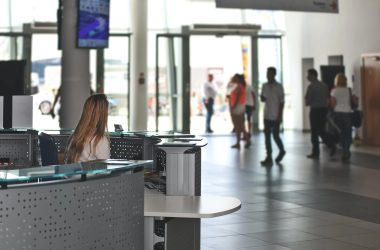FAA Investigates Boeing 787 Dreamliner for Possible Misconduct
The Federal Aviation Administration (FAA) has launched a new investigation into Boeing’s 787 Dreamliner after the company disclosed that several employees had committed misconduct by falsely claiming that required tests had been completed.
The probe will focus on whether Boeing completed necessary inspections to ensure proper bonding and grounding of certain 787 Dreamliner planes where the wings join the fuselage. The FAA also stated that the investigation will examine whether company employees falsified aircraft records.
In response to the investigation, Boeing is conducting reinspections on all 787 airplanes in the production system and is required to develop a plan to address any issues found in the in-service fleet. This decision has caused a decrease in Boeing’s stock, which was down 1.5% on Monday afternoon at $177.03.
According to an email sent on April 29 by Scott Stocker, the leader of Boeing’s 787 program, an employee noticed irregularities in a required conformance test. Upon further investigation, it was discovered that several employees had violated company policies by not performing the test but falsely recording it as completed. Boeing promptly informed the FAA and is taking corrective action with multiple employees.
Stocker also stated that the engineering team has determined that this misconduct did not create an immediate safety of flight issue. However, this investigation comes after a Congressional inquiry into Boeing’s safety culture and manufacturing standards and allegations made by a quality engineer, Sam Salehpour, that the company was taking shortcuts that could compromise the safety of its jetliners.
Salehpour claimed that excessive force was used to join sections of the Dreamliner’s fuselage, potentially compromising the structural integrity of the carbon-composite material used for the frame. He also alleged that he was threatened when he raised concerns about the issue.
Boeing has denied these claims and stated that its testing and inspection procedures have found no signs of fatigue or cracking in the composite panels. The company’s engineering executives reassured that the Dreamliner is safe to fly and that the composite material is almost impervious to fatigue.
This investigation adds to Boeing’s ongoing safety crisis since the mid-air emergency of a Boeing 737 MAX 9 plane in January. The Justice Department is conducting a criminal investigation into the incident, and the National Transportation Safety Board has found that key bolts were missing from the plane. Boeing has stated that the required documents detailing the removal of these bolts were never created.





